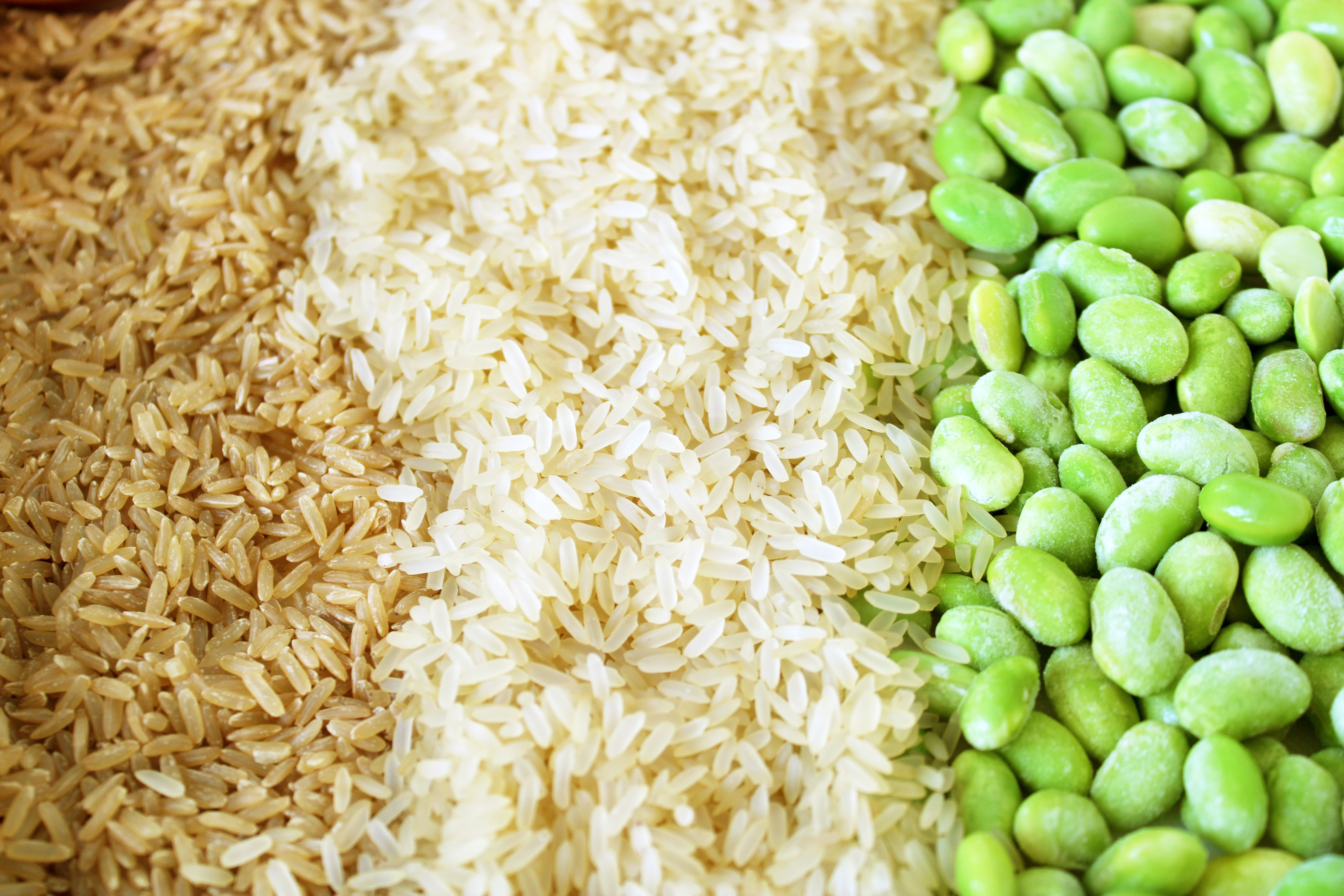Commodities: The Backbone of Global Trade
Understanding Commodities: The Backbone of Global Trade
In the vast and intricate world of global trade, commodities play a crucial role as the fundamental building blocks of economies. From energy resources like oil and natural gas to agricultural products such as wheat and coffee, commodities are essential for daily life and economic stability. Understanding how these commodities influence global trade can provide valuable insights into the dynamics of the international market.

What Are Commodities?
Commodities are raw materials or primary agricultural products that can be bought and sold. They are typically standardized and interchangeable with other goods of the same type. This standardization is what makes them tradable on exchanges around the world. There are two main types of commodities: hard and soft. Hard commodities include natural resources that are mined or extracted, like gold, oil, and rubber. Soft commodities, on the other hand, refer to agricultural products such as sugar, wheat, and coffee.
The Role of Commodities in Global Trade
Commodities are integral to global trade because they serve as the foundation for production and manufacturing processes. They are often traded in bulk and have a significant impact on the economies of producing and consuming countries. For instance, fluctuations in oil prices can have a ripple effect on transportation costs, manufacturing expenses, and even household energy bills worldwide. Similarly, changes in the availability or price of key agricultural products can influence food security and inflation in various regions.

Commodities Markets and Exchanges
Commodities are traded on various markets and exchanges worldwide, with each one specializing in different types of commodities. The most prominent exchanges include the Chicago Mercantile Exchange (CME), the New York Mercantile Exchange (NYMEX), and the London Metal Exchange (LME). These platforms allow traders to buy and sell commodity futures contracts, which are agreements to purchase or sell a commodity at a predetermined price at a specific date in the future. This trading mechanism helps stabilize prices and manage risks associated with price volatility.
Factors Influencing Commodity Prices
Several factors can influence commodity prices, including supply and demand dynamics, geopolitical events, currency fluctuations, and weather conditions. For example, a drought in a major wheat-producing region can lead to a decrease in supply, causing prices to rise. Similarly, political instability in oil-rich countries can disrupt supply chains and lead to price spikes. Understanding these factors is crucial for traders, businesses, and governments as they navigate the complexities of the global market.
- Supply and Demand: The primary driver of commodity prices.
- Geopolitical Events: Can disrupt supply chains.
- Currency Fluctuations: Affect import/export prices.
- Weather Conditions: Impact agricultural yields.

The Impact of Commodities on Economies
The influence of commodities extends beyond trade; they are vital to economic development and growth. Countries rich in natural resources often rely heavily on commodity exports for revenue. However, this dependency can also make economies vulnerable to price swings. A sudden drop in commodity prices can lead to economic instability, affecting employment rates, public spending, and overall economic growth.
Future Trends in Commodity Trading
Looking ahead, several trends are set to shape the future of commodity trading. These include the increasing demand for sustainable and ethically sourced commodities, the adoption of technology like blockchain for transparency in supply chains, and the growing influence of emerging markets in commodity production and consumption. As global awareness around environmental issues rises, there is also an increasing push towards renewable energy sources, which could transform energy commodity markets significantly.
In conclusion, commodities are not just resources; they are the lifeblood of global trade. Understanding their role and impact is crucial for anyone involved in international business or looking to gain insights into global economic trends. As the world continues to evolve, so too will the landscape of commodities trading, presenting both challenges and opportunities for those who engage with it.
